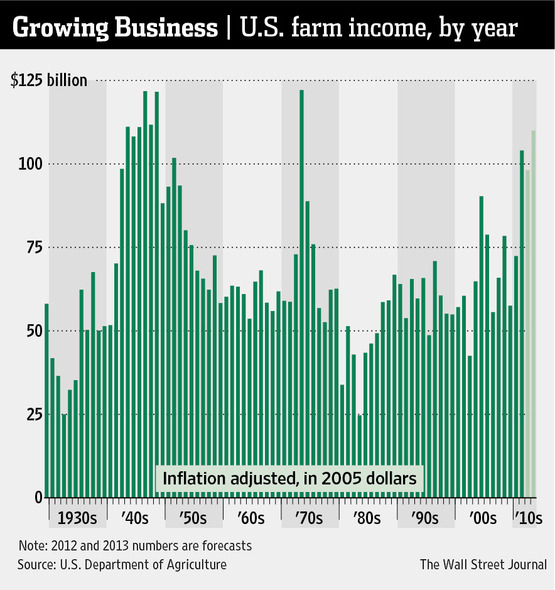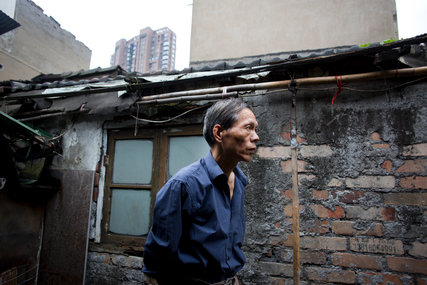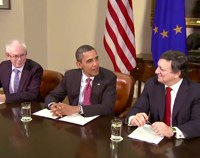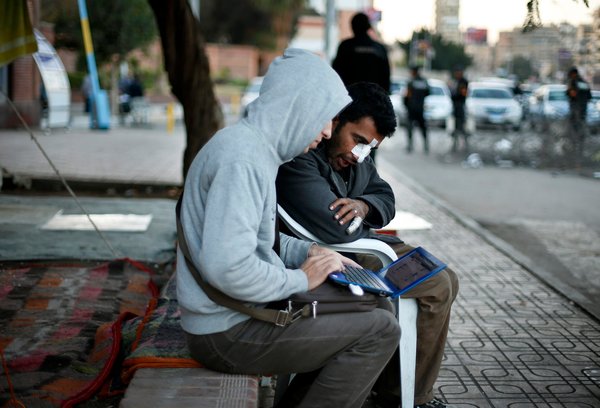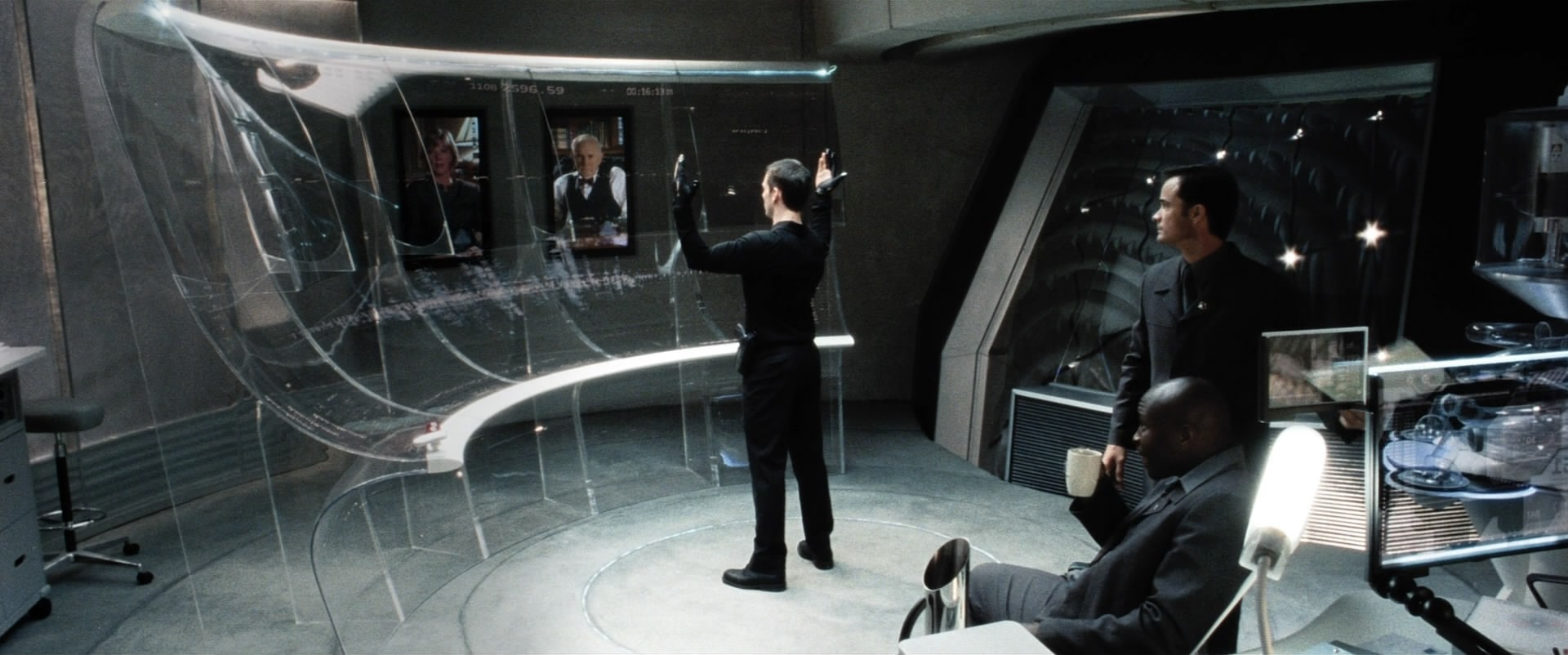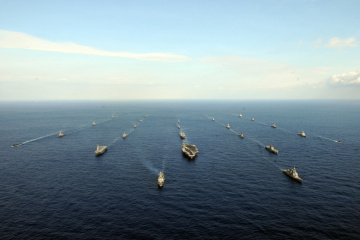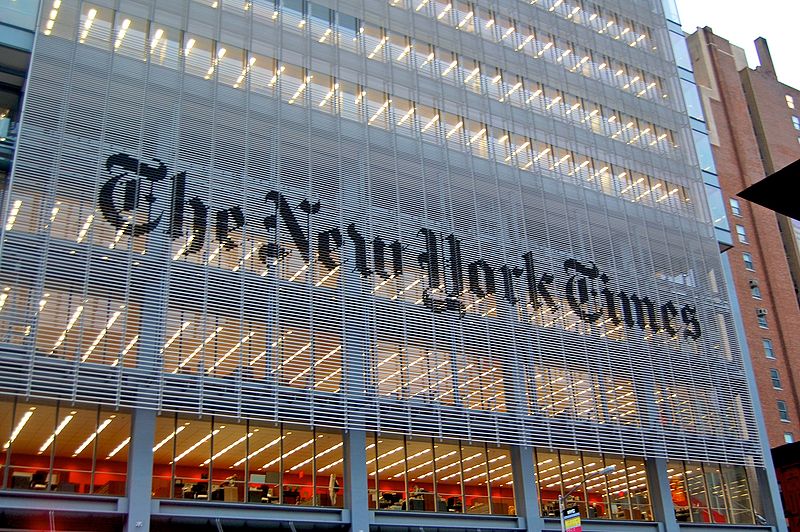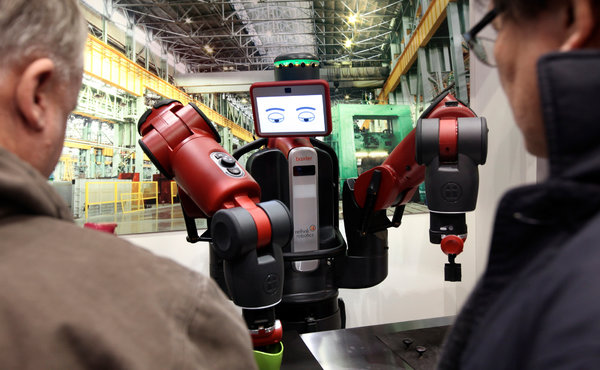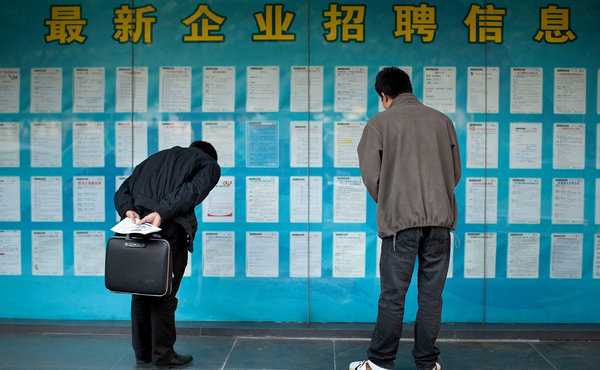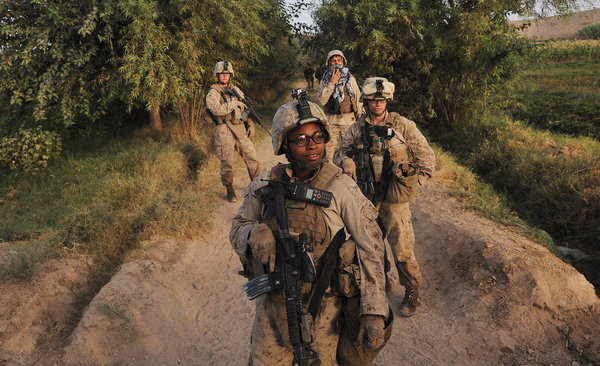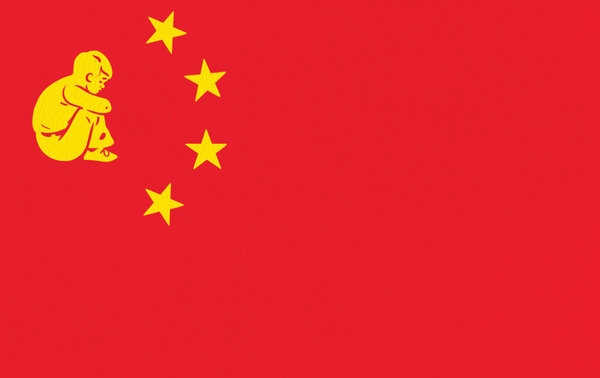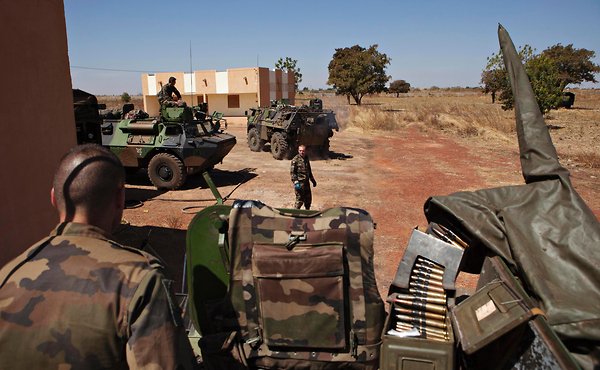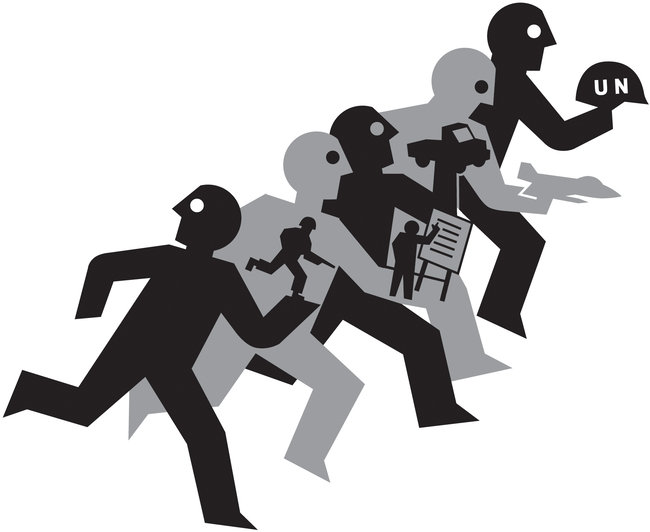Nice side-by-side capture of globalization dynamics (guest post)
 Monday, February 18, 2013 at 12:01AM
Monday, February 18, 2013 at 12:01AM From Thomas Frazel of Tulane:
http://online.wsj.com/article/SB10001424127887323478004578303733925078030.html
Heinz Sold as Deals Take Off
"We've been prospecting in the emerging world for a long time, and now they're prospecting here,"Heinz's Mr. Johnson said in an interview. "You're seeing a shrinking world and an equilibrium of wealth creation, and this kind of activity is only going to accelerate over the next five to 10 years."
In the interview, Mr. Johnson said he was surprised that firms from emerging markets would be capable of taking over America's most established companies. "I didn't see this happening eight weeks ago, let alone five years ago," he said.
http://online.wsj.com/article/SB10001424127887324162304578304512387875482.html
First Bud, Now Heinz, Tycoon Grabs Brands
Though Mr. Lemann is a Brazilian business icon, he moved his family to Switzerland more than a decade ago following a kidnapping attempt in Brazil, a stark reminder of persistent problems of crime in the South American nation. Mr. Lemann's family is of Swiss descent. He declined an interview request through an associate, and has denied past requests as well.
Frazel's comment:
It was too perfect to see these things side-by-side — money in the Gap, instability in the Gap.
The more sophisticated read of PENTAGON'S NEW MAP was that the Gap would experience more instability as globalization rapidly improved things. Change destabilizes. It's as simple as that.
The security challenge that results more resembles small-wars than large - thus the call for the SysAdmin force. It's about seeing the world as it is - what really matters in terms of structural change, and staying true to America's several-decade effort to replicate its core dynamics on a global scale.
What did we get for our effort? Our blood and treasure?
The best and most radically improving period in world history.
Many other powers had their versions of globalization before ours came along. And they were all far less fair and far more bloody. Ours is hardly perfect, but much like a democratic republic, ours is the best worst version yet.
Our challenge: China and India will be the shapers of this system in the future - more than us. That is why understanding those two powers and joining with them in co-managing this world is America's number 1 long-term foreign policy objective.
And this is why I find Obama's Asian pivot so idiotically misguided. Scratch that - too harsh. He is ideologically misguided. He mistrusts US power and does not acknowledge the decades of effort that I cite - nor its success.
THAT America did far more good than harm, but he does see that America.
And so he does trust the future that that America made possible.
 economy,
economy,  globalization,
globalization,  security | in
security | in  Citation Post |
Citation Post |  Email Article |
Email Article |  Permalink |
Permalink |  Print Article
Print Article 








